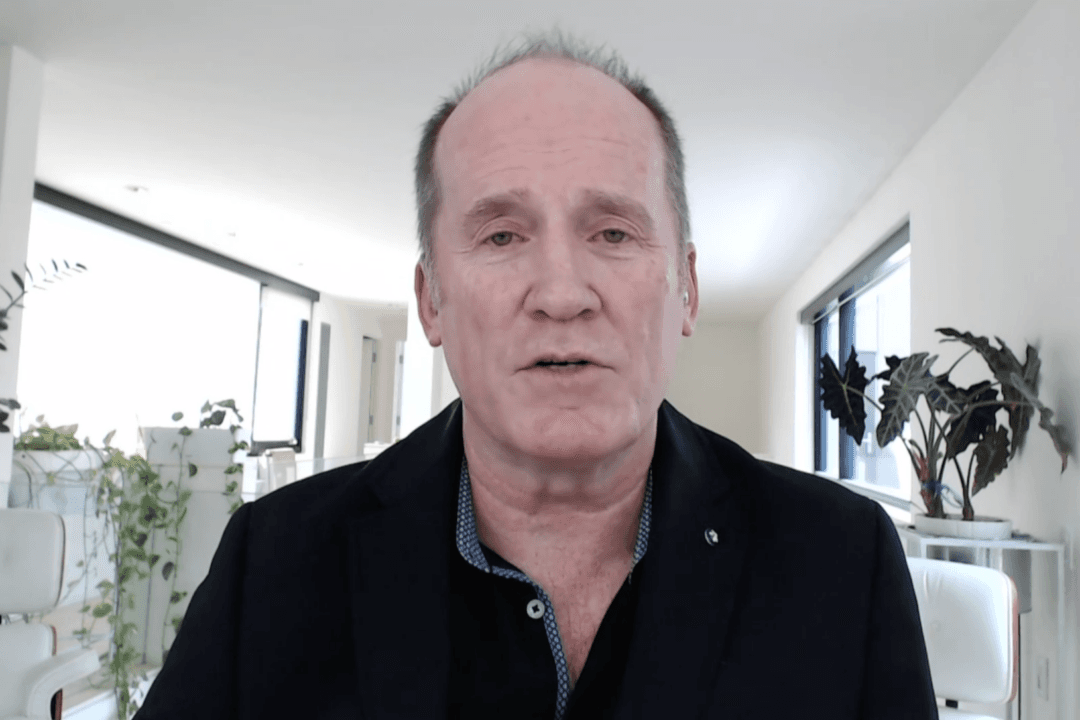Jim Hanson, a retired member of the U.S. Army Special Forces and president of the Security Studies Group, said in his assessment, Russian President Vladimir Putin’s plan in Ukraine is developing according to the Kremlin’s initial goals, except that the Russian military is floundering.
“I’ve known what his ultimate goal was from the beginning, and it was to gain recognition for Crimea, to take official control of the two Russian-speaking provinces, and at that point, to use a further incursion into Ukraine proper as a bargaining chip to get sanctions removed,” Hanson told the host of NTD’s Capitol Report, Steve Lance, in a March 8 interview.






